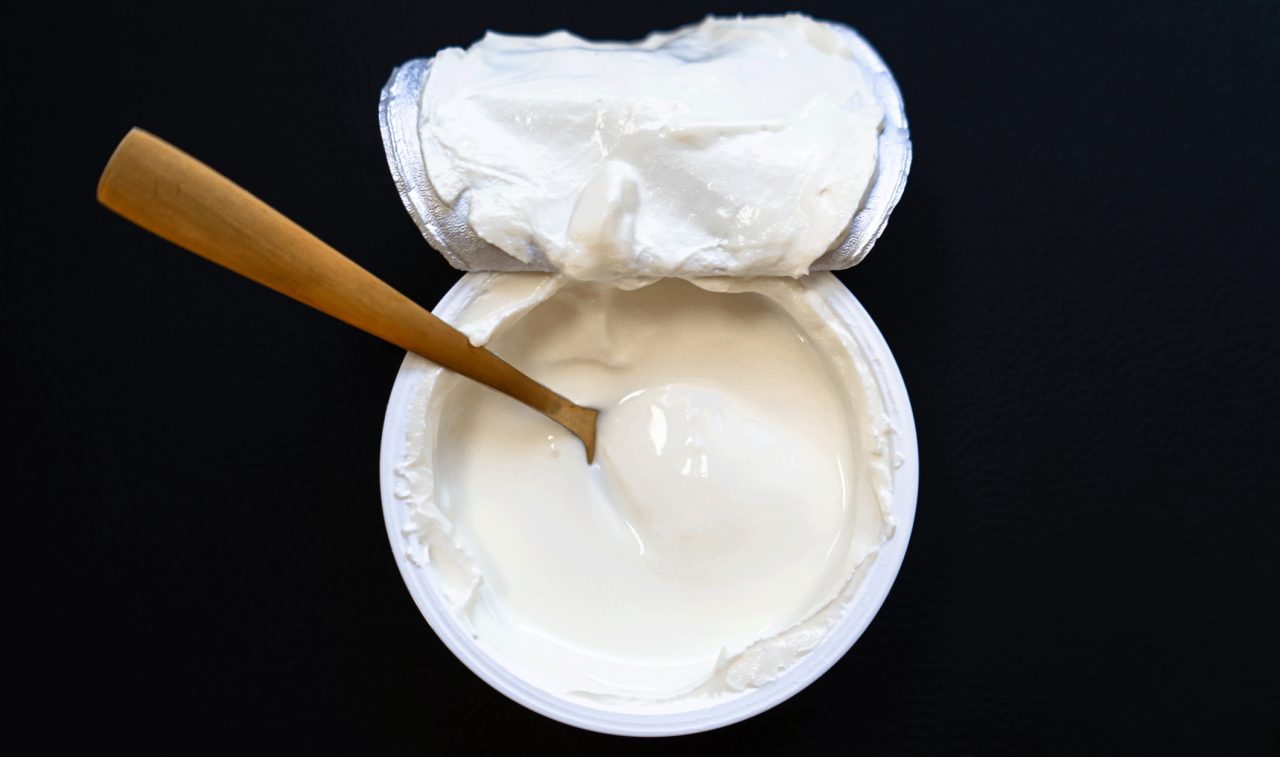Do You Have Histamine Intolerance?

If you get diarrhea, a congested noise, or other unexplained symptoms from certain foods — but don’t appear to be allergic on skin prick tests — you may have a condition called histamine intolerance.
So you’re being health-conscious and eat yogurt and eggplant dip and a spinach salad with goat cheese — and have to run to the bathroom. Maybe you even throw up, though nobody else eating the same food got sick. You might sneeze loudly. Other strange things happen when you eat an Indian meal of saag paneer and chicken masala.
What’s going on? Yogurt, eggplant, spinach, cheese, and tomatoes are all rich in histamine, the same chemical that triggers allergic reactions. That’s why we take antihistamines. For many reasons, some people end up with too much histamine in their systems even if they don’t have allergies.
People live with symptoms for years before they identify histamine as a problem.
YOU MIGHT ALSO LIKE: Wine Allergy Symptoms
Does this sound like you?
You assume you have allergies because your nose is congested, runny, or itchy or you have red, itchy or watery eyes — but you don’t show up as allergic on standard tests.
You sneeze loudly after many meals or have asthma.
You have gas, bloating, stomach cramps, and diarrhea, but trying diets that help people with irritable bowel syndrome doesn’t improve your problem.
You are itchy or have hives but, again, can’t figure out specific allergies. You may be tired for no reason, or feel achy, as if you have the flu. Or you have very bad periods.
Less common symptoms include low blood pressure, swelling around the lips and eyes, tremors, and fainting.
Why do you have these symptoms?
You may have become vulnerable to histamine intolerance because of a gastrointestinal infection or have an inherited vulnerability related to diamine oxidase, or DAO, the most important enzyme for histamine processing. Mutations in the DAO gene are linked to food allergies, gluten-sensitivity, Crohn disease, ulcerative colitis, and polyps in the colon. Certain common medications can contribute to the problem, including Metformin, the anti-diabetes pill, and over-the-counter NSAID painkillers like naproxen and amitriptyline, which is often prescribed for irritable bowel syndrome and works as a mild sleeping pill. Histamine intolerance is most common among middle aged women and may be related to excess estrogen post menopause, as there’s evidence that estrogen promotes histamine release and progesterone inhibits it.
What your can do
If you conclude that histamine might be a problem, you’ll need to rejigger your diet and perhaps take medications. First, eliminate other possible causes for your symptoms, working with a gastroenterologist, nutritionist, or allergist.
You may hear that this is a fad, unproven diagnosis; however, there is more than a decade of science backing up the concept. There are tests, but they have not been conclusive.
Your best bet is to cut out suspect foods you eat most often and see if your symptoms improve. Keeping a diary with your meals and symptoms can be extraordinarily helpful, and you can take your records to a nutritionist for guidance.
Adjusting your diet
Histamine increases in food if it isn’t fresh or ferments. Some foods and drinks prompt your body to release histamine or block the enzymes that process it.
Histamine-rich foods include alcohol, aged cheeses; canned, pickled, and fermented foods; smoked meats; and vinegar. Fish isn’t a good idea if it is canned or less than fresh. The lists of foods to avoid if you have histamine intolerance vary and are quite restrictive. Here is one list. There is controversy over whether you’ll need to cut out gluten or milk.
Freshness is important. Don’t eat leftovers, and keep your meat and fish frozen until you eat it. Histamine is not destroyed by cooking, freezing, hot smoking, or canning. You also can’t smell it on food.
Chicken, egg yolks, fresh or flash-frozen meat and fish, most vegetables, blueberries, coconut and rice milk, unfermented cheese like cream cheese, and herbal teas are all safe.
Don’t kick yourself too much if you fall off the diet. If you find a symptom improves dramatically after you cut out certain foods, that should keep you motivated.
Updated:
March 19, 2021
Reviewed By:
Janet O’Dell